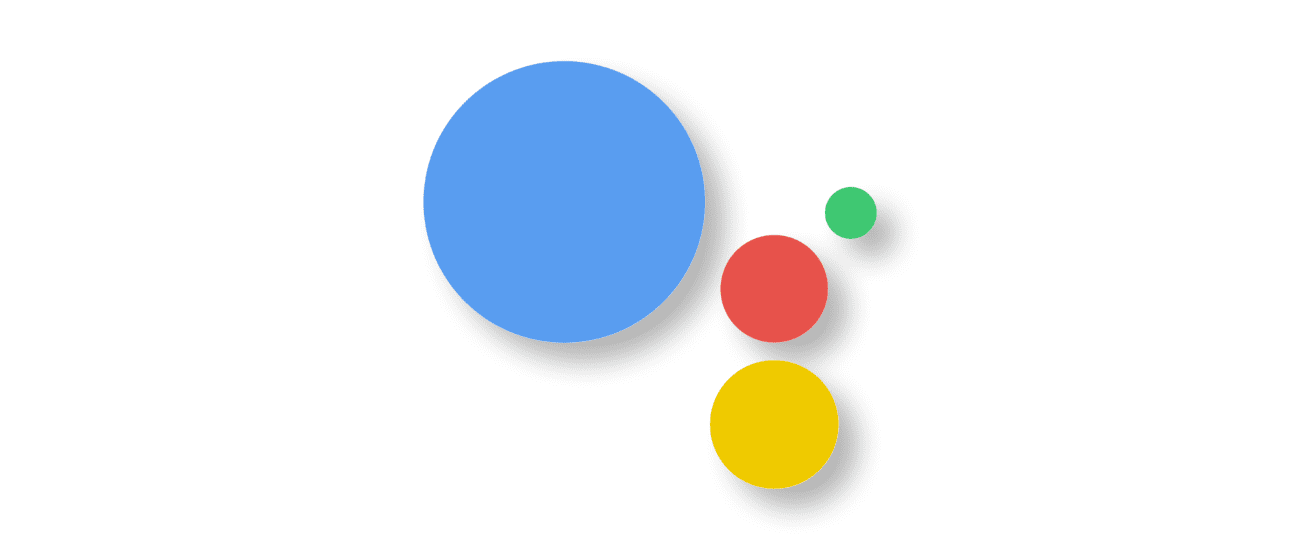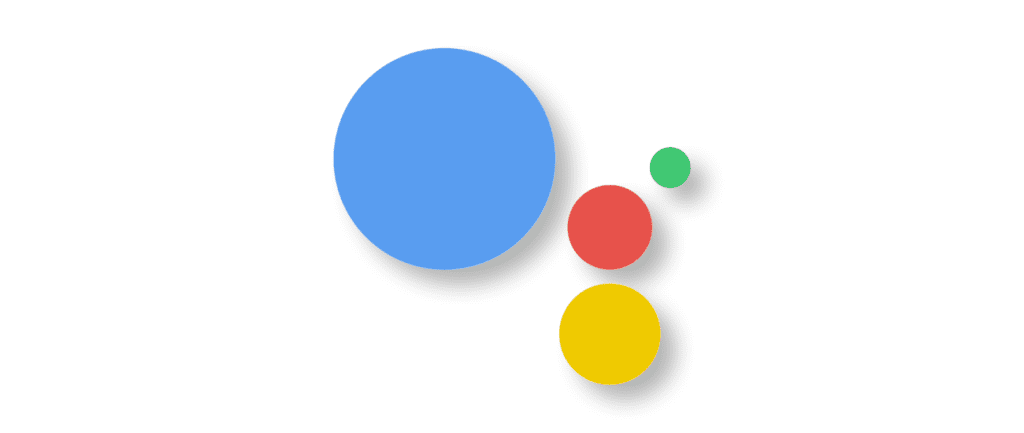
 Reading this post over at WIRED just a few days ago, I’m beginning to feel like all the rumors and excitement about Andromeda were simply missing the real point of Tuesday’s #madebygoogle Event.
Reading this post over at WIRED just a few days ago, I’m beginning to feel like all the rumors and excitement about Andromeda were simply missing the real point of Tuesday’s #madebygoogle Event.
Let’s look quickly at the Chromecast, Google Home and Google Assistant to see why Google’s game-changing shift may have very little to do with Android or Chrome OS.
First, let’s start by saying no one is sure of what Andromeda is or isn’t. A merger, a borrowing between Chrome OS and Android, a new OS? It’s all a bit of a guess right now. For some reason, we are fascinated by the prospect of Android and Chrome OS becoming a merged effort, but evidence isn’t yet there to pin down exactly what Andromeda is right now. While that could change on Tuesday, I’m starting to think there’s more going on with Google right now and regardless of our unbalanced appetite for it, Andromeda may not have a lot to do with it.
Now that we have that out, let’s talk about Google Assistant. We saw bits and pieces at Google I/O back in May and can get a taste right now using Assistant in Allo, but there’s clearly more that Google Assistant is meant for. After all, it was one of the centerpieces of the Google I/O Keynote.
One of those things will be Google Home. While I don’t think Google Home will be the central focus of the event, there are some interesting things to consider when we talk about Google Home, Chromecast and Assistant all together.
Yesterday we talked briefly about Chromecast’s new firmware and its request to use the Google Home app for setup. While that points to some definite coalescing, it’s not a huge deal. Considering Google Home is basically Chromecast internals with a more functional, speaker-toting shell, the fact that one app would control both makes a lot of sense.
Clearly, the highlight of Google Home will be Google Assistant. This voice commanded helper is what you interact with in Google Now, Allo, and anytime the phrase “OK Google” is uttered. Assistant will be more agile and full-featured than what you see in Google Now, but you can get the idea.
Here’s where this all gets interesting. The Google Cast API, the nuts and bolts that let software talk to hardware the way a Chromecast does, is a central figure in all this. We’ve already seen reports that the Google Home will be able to work with a slew of 3rd party peripherals right out of the box. So, the way your phone or Chromebook can easily cast to your Chromecast, Google Home will be able to dole out commands to other devices around your home.
With a simple, time-tested API, Google Home (via the commands of Google Assistant) will have an easy method of control over a whole host of IoT (internet of things) devices. Home security, garage doors, appliances, alarm clocks, lights, TV’s…anything can simply add the Google Cast API and be ready for commands from Google Home.
While all that is really cool, it is still superficial to what I’m beginning to see as Google’s true focus here. Google Assistant.
Google is an advertising company who’s primary revenue stream is the AdSense and AdWords combo. To make this machine work and work better than all the rest, Google leverages information. Usage and search patterns help them sell better ads, plain and simple. While Google wants to sell hardware, it will always be with this end in mind.
Usage patterns for tech are changing. As voice-commanded software is on the rise (Siri, Alexa, Google), users aren’t as concerned with what OS or device answers the question, only that the question was answered correctly. If and iPhone has Siri and that combo delivers me the voice-commanded experience I want, then the iPhone is all I need.
If, however, consumers begin to see that Google Assistant can better answer questions, be better at commanding other pieces of hardware in homes and offices, and be anywhere they need it to be, Google Assistant becomes the front-runner. Considering Google’s horizontal approach to software, it doesn’t matter whether you use an iPhone, Mac, Chromebook or Android device, Google Assistant can do its thing across all of them.
This, perhaps, becomes the true game-changer. This becomes the differentiator. Google Assistant could be the development that changes the way we use devices in general. From enabling Google Home to be the central control unit in the home to being the center-point of the device in your hand or on your desk, Google Assistant could become the primary access point for almost every interaction we have with our digital devices.
This type of initiative needs hardware reference points, and that is what we are going to see on Tuesday. Less about merging Android and Chrome OS and less about devices with XYZ specs, Google’s hardware-palooza could be the first small army of devices set to truly show what Google Assistant is capable of and be the standard-bearers for the next generation of devices that utilize Google’s software.
Regardless of what they are up to, Google has done a fantastic job of stirring the pot leading up to this event. We couldn’t be more ready!

Leave a Reply
You must be logged in to post a comment.